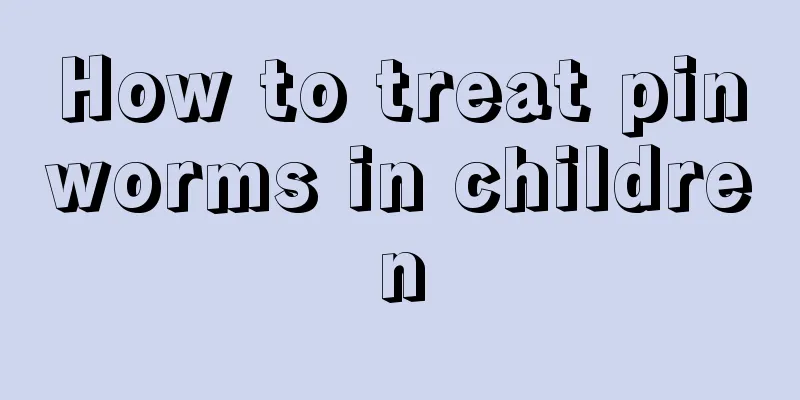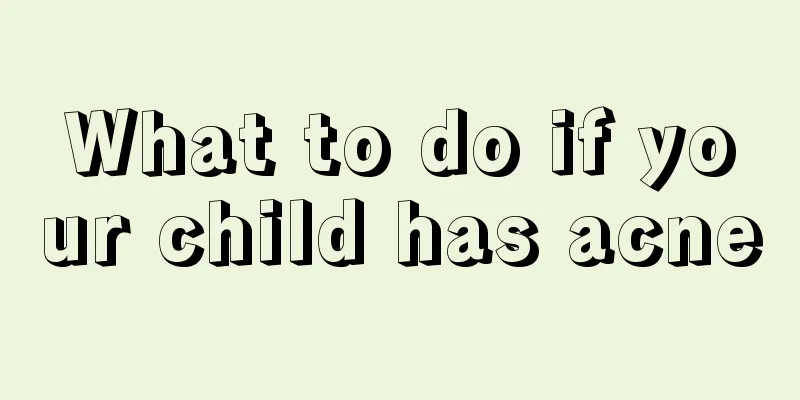Reasons why babies spit up mucus

|
It is very difficult to take care of babies when they are young, because their resistance is very poor. They also need special attention in diet, and they also need to master some skills when feeding, otherwise it is easy to cause their babies to spit up. Sometimes spitting up can cause mucus, so let us understand some of the reasons together. main reason: Spitting up is a common phenomenon in infants. There are two reasons for this: one is that it is a symptom of systemic or gastrointestinal disease; the other is that the anatomical and physiological characteristics of the infant's gastrointestinal tract make vomiting prone to occur. Generally speaking, vomiting caused by the second reason is more common. Breastfeeding First of all, we need to figure out whether the baby is spitting up milk or spitting up milk. The two have different meanings, causes and treatments. The amount of spitting up is relatively large, and may occur shortly after feeding or half an hour later. Before spitting up, the child will open his mouth and stretch his neck, with an expression of pain and discomfort. The amount of milk spitting up is small and usually occurs right after a meal. It usually stops after one or two mouthfuls. The milk taken in through the mouth first passes through a tube called the esophagus and then enters the stomach. The stomach has two doors, one is connected to the esophagus called the cardia, which is the entrance of the stomach, and the other is connected to the intestine called the pylorus, which is the exit of the stomach. The tension of the esophageal muscles in infants and young children is low, which can easily cause expansion. At the same time, the peristalsis is relatively slow, so food can easily accumulate. The cardia is relatively loose and not tightly closed, so it can be easily opened by food. When there is a little more food in the stomach, it can break open the cardia and flow back into the esophagus. The pylorus is tightly closed and can be easily stimulated by food to cause spasm, which makes the exit resistance greater, and food passes slowly or with difficulty. Food then flows back from the pylorus to the cardia and breaks out. The stomach of a newborn baby, viewed from the front, is lying horizontally, in an unstable state, and the cardia (the entrance to the stomach) is relatively loose. That is to say, when adults eat, after food enters the stomach, the cardia will contract to prevent food from flowing back into the esophagus; but because the cardia of infants' stomach cannot contract well, the milk that enters the stomach can flow back into the esophagus more easily. In addition, compared with adults, the larynx of newborns is higher, and their way of sucking the nipple is clumsy, which makes it easy for air to be inhaled into the stomach along with the milk when feeding. Therefore, when the child burps or shakes his body, the milk he eats is more likely to be spit out. If a child spits up milk occasionally and is in good spirits, he or she may not be sick. If the child vomits several times in a row and vomits every time during feeding, you should pay attention to whether the child has a fever, the condition of his bowel movements, any changes in his spirit, etc. There may be problems with the gastrointestinal tract itself, or there may be lesions in other systems. You should take your child to the hospital for examination. Spurting up of milk is usually caused by the baby inhaling air while feeding. After the air enters the stomach, because the gas is lighter than the liquid and is located at the top, it can easily break through the cardia and come out, and it will also bring out some milk, which will cause milk regurgitation. Therefore, when feeding, let the child's mouth cover the entire nipple, leaving no gaps to prevent air from entering. When feeding with a bottle, the milk should completely fill the nipple. Don't be afraid that the milk will be too strong and only reach half of the nipple, as this will make it easy for the baby to inhale air. After feeding, it is best to let the child lie on the adult's shoulder and pat the child's back with your hand to allow the inhaled air to escape. After feeding, be gentle and use less movement when picking up and putting your baby down. If you shake the baby too vigorously, it will easily cause milk to regurgitate or spit up. The amount of milk that comes out during belching is generally small and will not have much impact on the child's growth and development. It will get better naturally as the baby gets older. The above are some specific reasons. In fact, it is easy to have some troublesome problems in the process of taking care of your baby. The most important thing is to ensure the hygiene of your child. If spitting up occurs, find out the reasons in time. |
<<: The reason why children have red bumps on their body when they have a fever
>>: How to care for babies who sneeze due to cold
Recommend
What is the development standard for a seven-month-old baby?
Seven-month-old babies have different development...
What should I do if my baby has white spots on his breasts?
White spots on baby's nipples is a problem th...
Myelin development retardation in children
Delayed myelin development in children is general...
What to do if your child has rotten teeth
For children, tooth decay is a very common occurr...
What is spastic cerebral palsy?
Spastic cerebral palsy in children is a disease t...
What should pregnant women do if they have hemorrhoids?
Generally, hemorrhoids appear in the middle and l...
Treatment of falls in children
Falling is a very common injury for babies, and i...
Children's height standards, international height standards reference
For every parent, the height of the child is also ...
What should parents pay attention to when beating their children?
Children's disobedience is the biggest headac...
How to cure a child's nose hematoma
In our lives, the nose bridges of many children g...
TCM tips for preventing and treating children's summer colds
A cold is a general term for upper respiratory tr...
Treatment of heart failure in children
Heart failure is a very serious disease for us, a...
How to treat mumps in children? Treatment of mumps in children
Mumps is a common and frequently occurring diseas...
Why do children have trouble falling asleep?
Children seem to have endless experiences. They d...
Correct way to brush teeth for children
Teeth are the organs we use to chew food and play...









